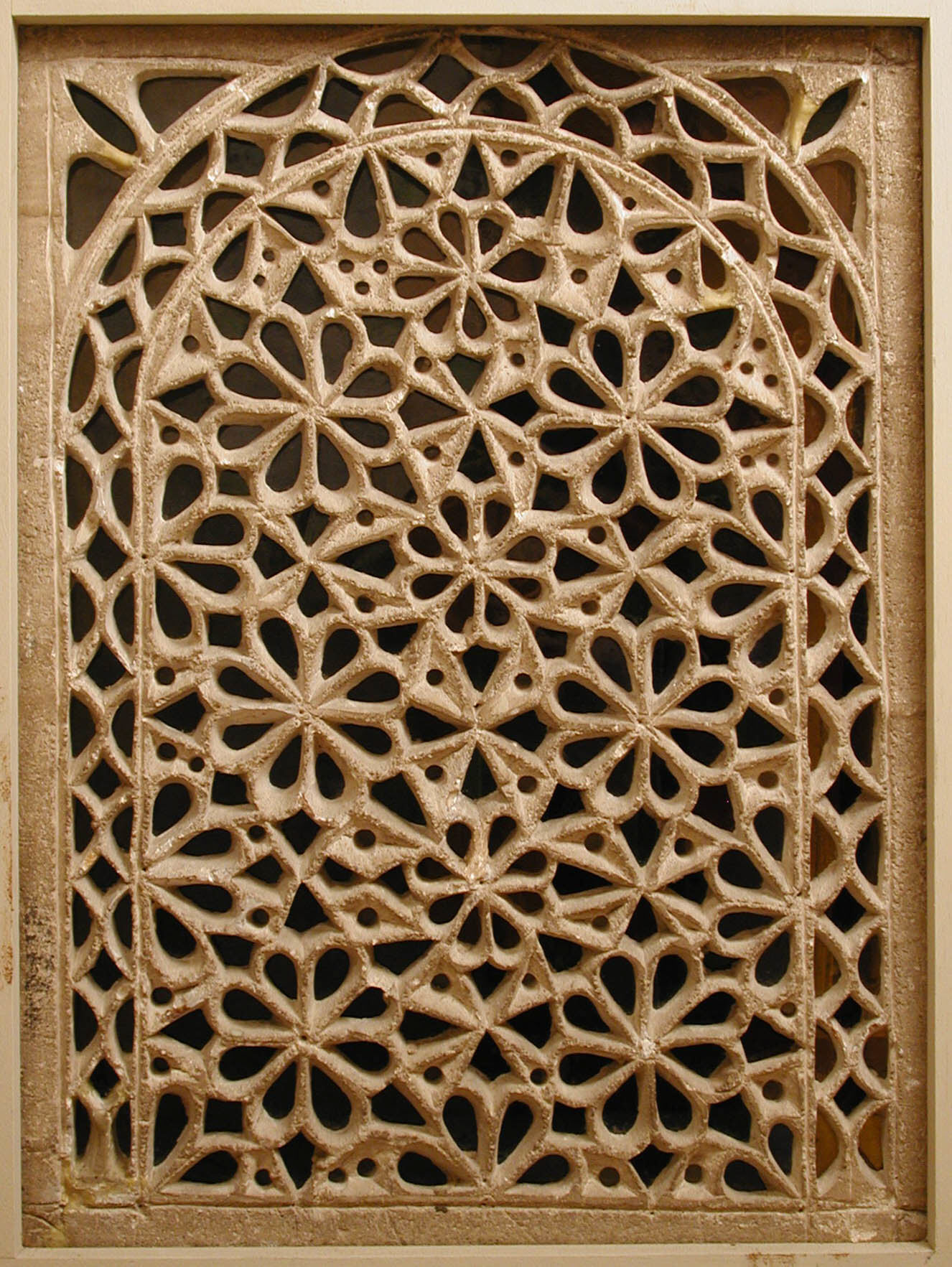![Abd_All h_ibn_Y suf_Ibn_[...]_btv1b8530349d_30](https://thicketandthorp.com/wp-content/uploads/2022/05/abd_all-h_ibn_y-suf_ibn_..._btv1b8530349d_30-e1652983530238.jpeg?w=557&h=714)
There is no single answer to the ‘how’ of pre-modern Muslim scholars (and others operating in similar circumstances both in the Islamicate world and beyond) and their textual activities. Methods of work varied from region to region, from period to period, and from scholar to scholar, dependent upon available infrastructure, scholarly goals, attitudes towards opinion and transmission, and so on. The story that I’ve translated here, of the text search and composition practice of one luminary of the late medieval into early modern Maghrib, Aḥmad ibn Yaḥyā al-Wansharīsī (c. 1430-1508), is only one possible approach, and probably not a terribly common one- otherwise it likely would not have been recorded! Aḥmad al-Wansharīsī is best known for his massive compilation of fatwas, al-Mi’yār al-mu’rib wa al-jāmi’ al-mughrib, though he produced other works as well dealing with questions of Islamic law. Here is how the biographer Ibn ‘Askar in his Dawḥat al-nāshir describes al-Wansharīsī’s daily work:
More than one person I met related to me that all of his books were loose-leaf, not bound into volumes, and that he had an empty lot which he walked to every day, having loaded a donkey with the pages of books, selecting two or three pages from each book. When he entered his lot he stripped down to only a woolen qashāba which he bound with a leather belt, his head uncovered (and he was bald). He arranged the loose pages one-by-one into two rows, stuck his inkwell into his belt, and, with his pen in one hand and a piece of paper in the other, he would walk between the two rows, writing down transmitted material from each page. Then when he was finished procuring material relevant to the given topic, he would write down what he had thought and what had been made manifest to him in terms of rebuttal and acceptance. This was his practice.
Abū ʿAbd Allāh Muḥammad b. ʿAlī b. al-Ḥusayn b. Miṣbāḥ Ibn ‘Askar, Dawḥat al-nāshir li-maḥāsin man kāna bi al-Maghrib min mashāyikh al-qarn al-ʿāshir (Rabat: Dār al-Maghrib, 1977), 47-48
Two things are especially striking about this account: one, Ibn ‘Askar’s language stresses the sheer physicality of such work- the pages must be selected (presumably each volume had either a container or was bound with twine, akin to chancery practices in some places), then loaded onto the donkey, then taken to al-Wansharīsī’s plot of ground (perhaps enclosed- the word can also mean a courtyard but clearly it was some ways distant from his house), then unloaded and distributed in the two rows on the ground. Only then could the proper scholarly work begin- that is, after al-Wansharīsī switched to his ‘work clothes,’ wearing nothing but a basic garment, a qashāba (usually known as a djellaba in Morocco, and still a common outer garment in North Africa). The image is one of a manual laborer, divested of the clothing typical of an esteemed scholar. Where the modern scholar carries out text search with a few key strokes, we see al-Wansharīsī literally pacing the ground examining the pages he has dis-aggregated, gathering material, which he can then synthesize with his own thoughts and composition.
Yet there is something very familiar to us in the digital age about al-Wansharīsī’s methods. Instead of slowly reading through a given book, taking notes or otherwise relishing its contents, his purpose here is to find and use material, information, perhaps scanning the pages for keywords or indications of particular passages he has in mind or is looking for. Presumably- it is a bit unclear to me- he had some sort of selection process beforehand, perhaps based upon whatever subject or topic he was tackling that day. The pages are to no small degree decontextualized, they become repositories of information al-Wansharīsī needs, not simply for recopying or regurgitation but some kind of critical engagement. Al-Wansharīsī modified the usual technology of texts in his world by unbinding (or never binding at all, as the case may be) the books in his library, which allowed him to do a kind of early text search, walking up and down among the pages scanning for the material he needed. No doubt other scholars did the same, driven by exigencies of their disciplines and social contexts. The nature of the book changed, too, well before the transition from manuscript to print. Continue reading “Fifteenth Century Text Searching with Aḥmad al-Wansharīsī”


